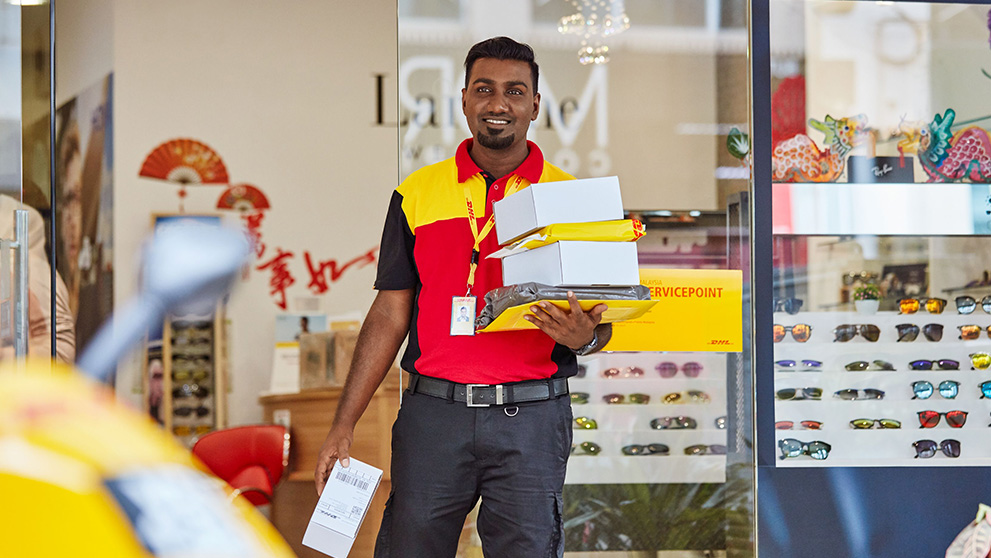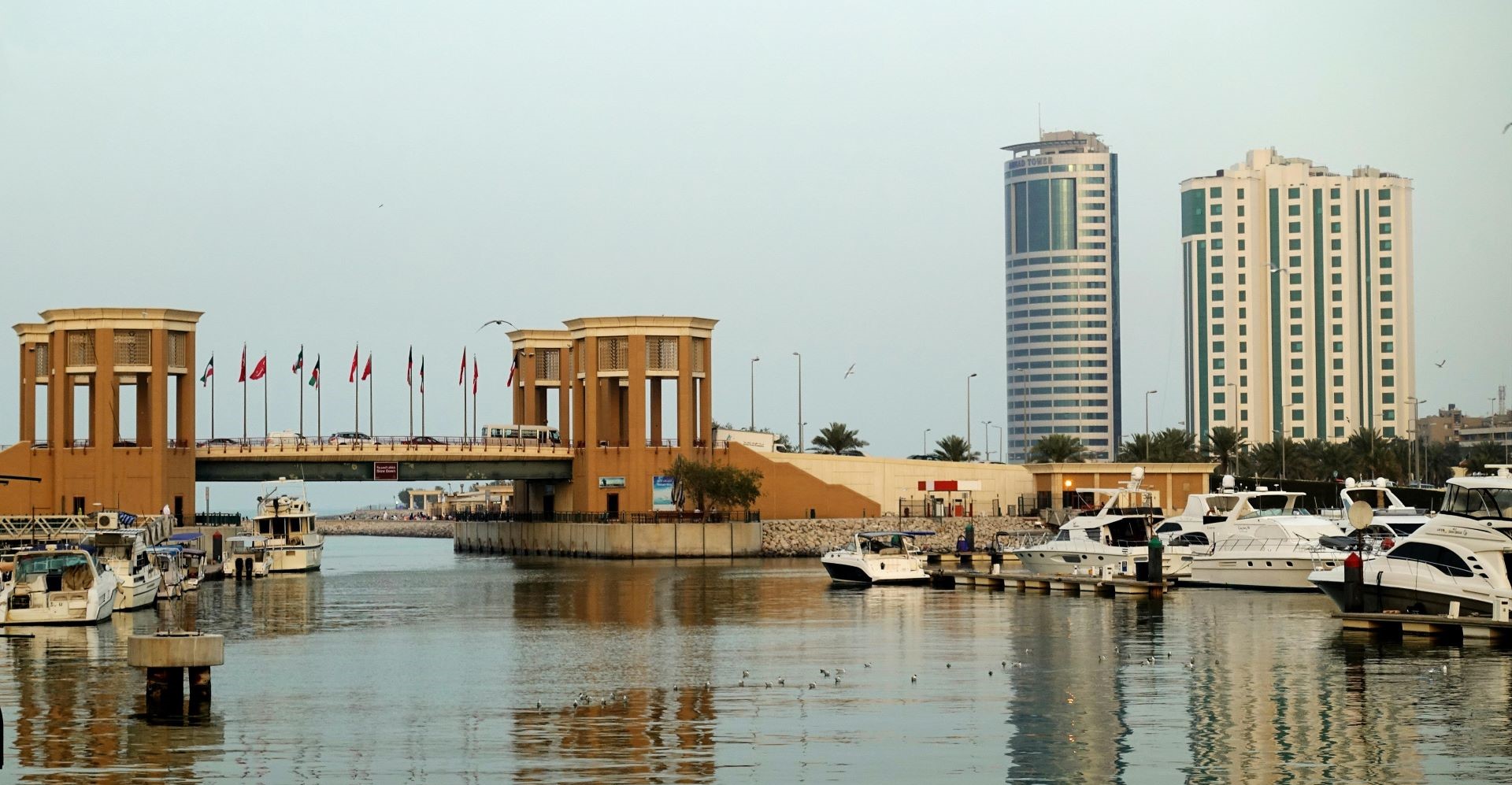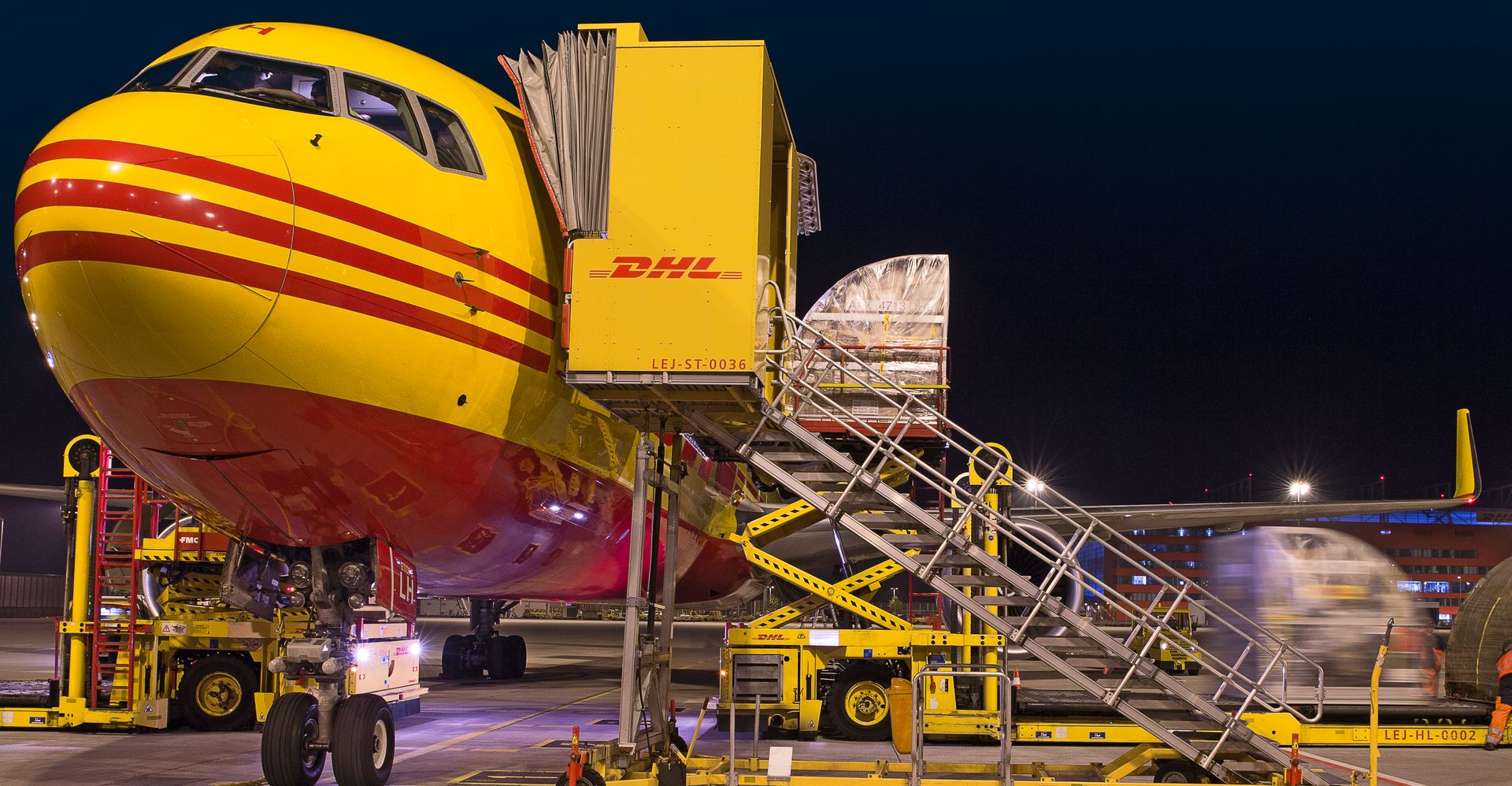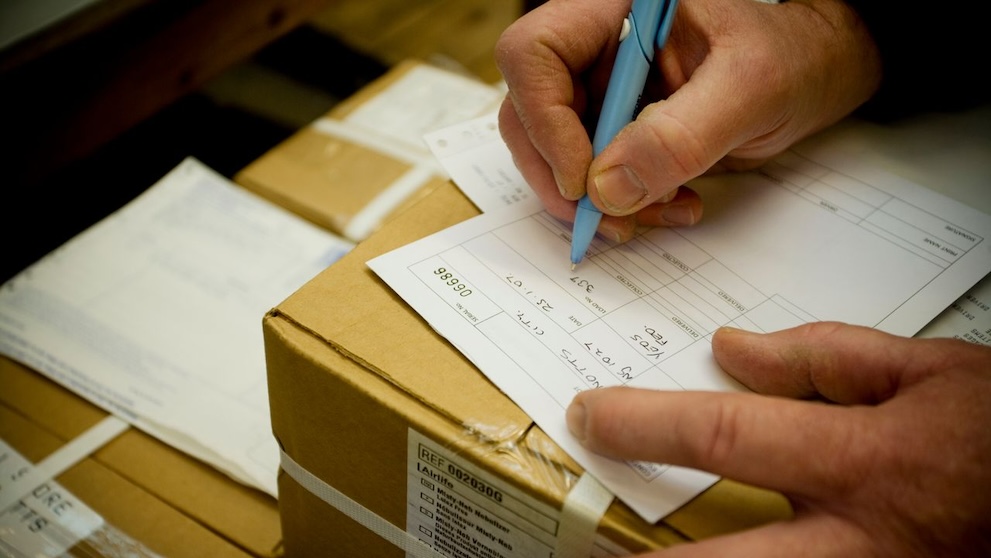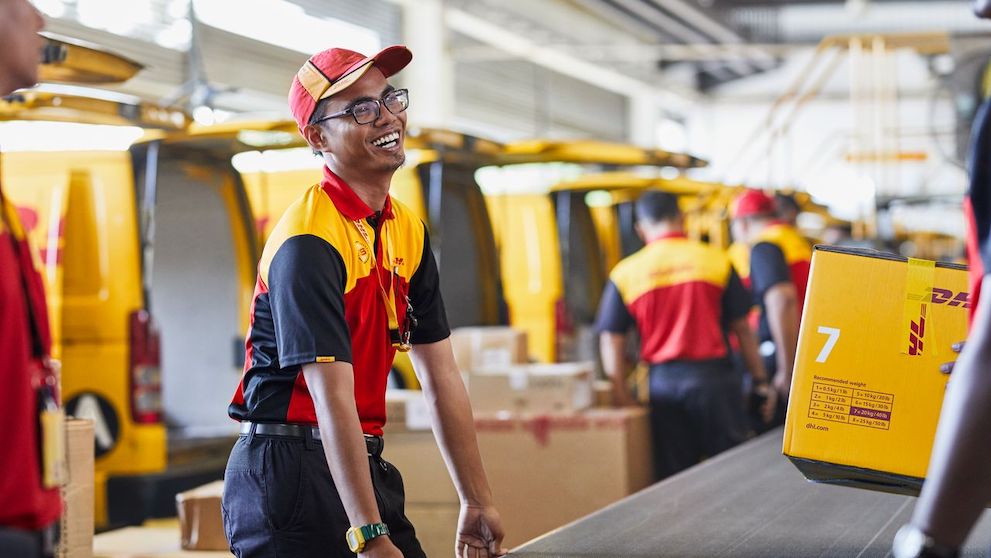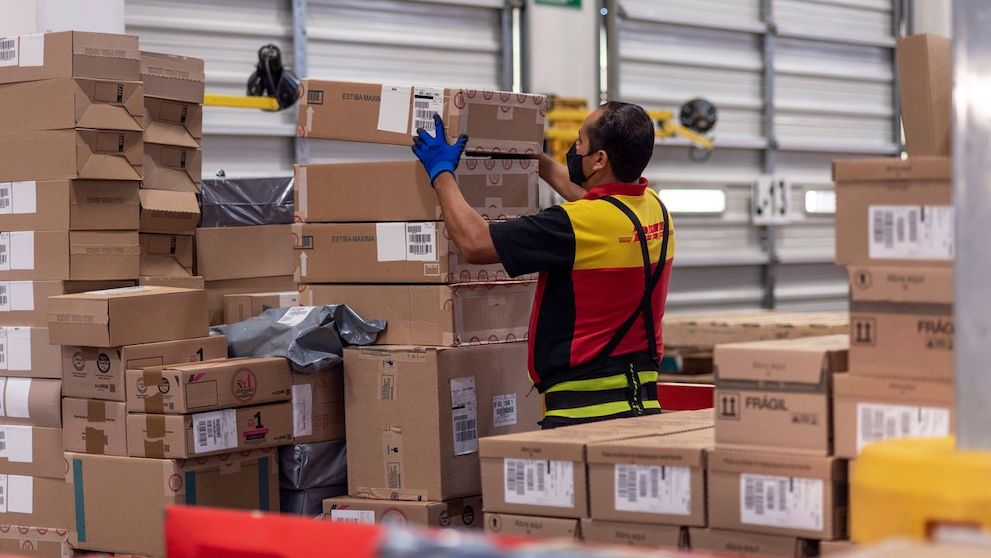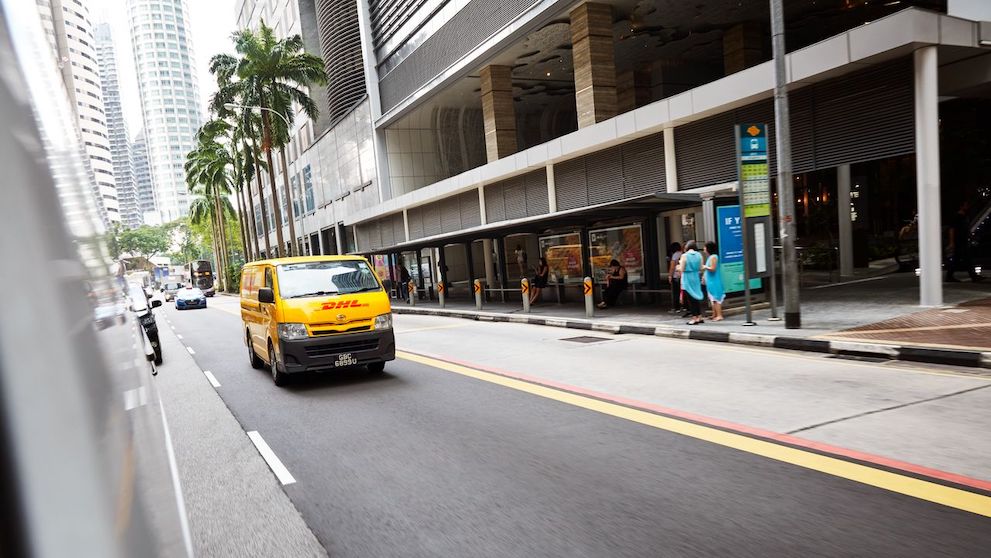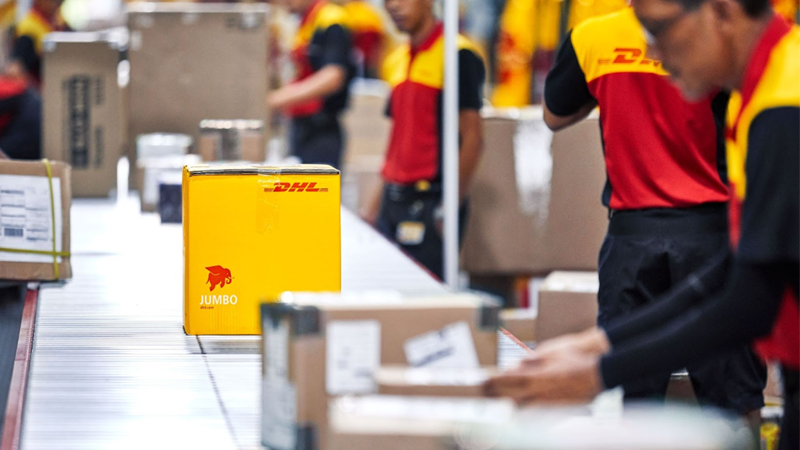The United Arab Emirates (UAE) stands as one of the most dynamic and fast-growing economies in the world, offering immense opportunities for Singaporean businesses looking to expand internationally. As a global trade hub with a strategic location bridging Asia, Europe, and Africa, the UAE boasts a thriving economy, a flourishing e-commerce market, and a business-friendly environment. With strong bilateral ties between Singapore and the UAE—including the GCC-SG Free Trade Agreement (FTA)—Singaporean businesses are uniquely positioned to succeed in this market with imports and exports to the UAE.
This guide provides a comprehensive overview of shipping from Singapore to the UAE, covering key market insights, import regulations, and practical tips to ensure a seamless export process.
Market overview of the UAE
As a leading destination for exports, businesses from around the world are increasingly looking to establish a presence in this dynamic market. Here’s a closer look at how shipping from Singapore to Dubai, Abu Dhabi, and other United Arab Emirates regions are shaping opportunities for businesses seeking to expand into the region.
Thriving e-commerce
The United Arab Emirates (UAE) boasts a robust and flourishing e-commerce market, with revenues projected to exceed US$8.39 billion in 2025, according to Statista. Revenue is expected to show an annual growth rate (CAGR 2025-2029) of 5.92%, resulting in a projected market volume of US$10.56bn by 20291. This growth is driven by factors such as increased internet penetration, government initiatives supporting digital transformation, and evolving consumer behavior. For Singaporean businesses, this represents an unparalleled opportunity to expand their reach into a lucrative market that values convenience, quality, and innovation.
Strong international appetite
The UAE e-commerce market is poised for significant expansion, with the number of users expected to amount to 5.7m users by 2029, according to Statista2. This highlights a strong demand for international goods, underscoring the UAE as a receptive audience for Singaporean products. By leveraging Singapore's reputation for high-quality offerings and reliability, businesses can effectively tap into this demand.
Digital-savvy consumers
The UAE is home to a population with 96% internet penetration3, one of the highest rates globally, and a growing inclination toward mobile shopping. A significant portion of online shoppers in the Middle East now engage in cross-border e-commerce, with 58% of UAE online purchases made from overseas vendors. This is driven by trust in gateway security and the availability of reliable, free shipping methods. According to the Dubai Chamber of Commerce and Industry, e-commerce sales in the UAE are projected to reach $8 billion by 2025, with nearly the entire population having internet and mobile phone access.4 This trend emphasizes the importance of mobile-friendly platforms, seamless user experiences, and localized marketing strategies for Singaporean businesses seeking to thrive in this digital-first environment.
Popular product categories
The UAE’s e-commerce space is dominated by toys, fashion, electronics, and beauty products, with combined annual growth rates exceeding 15% year-on-year. In 2023, the leading e-commerce segment was toys, hobbies, and DIY.5 Singaporean brands specializing in these categories are well-positioned for success, especially when targeting affluent consumers with niche, high-quality, or innovative products.
Key trading partners
The UAE’s diversified import portfolio includes major trading partners like China, India, and the USA, which account for a significant portion of imports. For Singaporean businesses, this highlights the need to carve out distinct value propositions, such as unique product offerings or superior customer service, to stand out in this competitive landscape.
Preferred payment methods
E-commerce in the UAE is characterized by a mix of modern and traditional payment preferences. While credit cards and debit cards are widely used, cash on delivery (COD) still holds a significant share, especially for new or lower-value purchases. Additionally, mobile wallets (24%), bank transfers (11%), and other payment methods (6%) contribute to a diverse payment landscape. Singaporean businesses entering the UAE market should prioritize offering a variety of payment options to ensure smooth transactions and foster trust with local consumers.
Navigating UAE import regulations
The UAE’s import framework is streamlined, with transparent and well-defined processes designed to facilitate international trade. Businesses benefit from world-class infrastructure and logistics networks, making it easier to move goods into the country:
- De minimis threshold: For shipments valued below USD 270 or AED 1,000, the UAE applies a simplified import regime where goods are only subject to 5% VAT. This offers Singaporean businesses a competitive edge in pricing smaller, lower-value items while ensuring compliance with minimal administrative overhead.
- Duty and VAT: Shipments valued above the de minimis threshold are subject to 5% customs duty and 5% VAT on most products. It is crucial for Singaporean exporters to understand these additional charges to ensure accurate pricing and profitability. Proper tax calculations can also build trust with customers and improve transaction transparency.
- Essential documentation: Accurate documentation is critical for customs clearance. Key documents such as the Air Waybill and Commercial Invoice must be meticulously prepared to avoid delays and ensure smooth processing. Incomplete or inaccurate paperwork can result in complications or penalties, making robust documentation protocols a necessity.
- Importer code: For imports to Abu Dhabi, businesses must register with local customs authorities to obtain an importer code, a requirement particularly relevant for business-to-consumer (B2C) transactions. This step is critical for ensuring compliance and avoiding interruptions in the shipping process.
- Preferential tariffs: The UAE's free trade agreements, such as the GCC-Singapore Free Trade Agreement (GCC-SG FTA), allow Singaporean exporters to benefit from preferential duty rates. Utilizing these agreements can reduce costs and improve competitiveness in the UAE market. Businesses should familiarize themselves with the tariff classifications of their products to maximize these benefits.
By understanding and navigating these regulations, Singaporean businesses can position themselves for long-term success in the UAE's thriving e-commerce landscape.
Prohibited and restricted items
- Prohibited goods: The United Arab Emirates (UAE) has strict regulations regarding the importation of certain goods. Prohibited items include drugs, gambling tools, and items that violate Islamic values. These items are strictly banned from import, reflecting the country’s commitment to upholding its cultural and religious standards. Singaporean businesses must ensure that none of these prohibited goods are included in their shipments to the UAE to avoid legal complications and penalties.
- Controlled goods: Certain products, such as food products, meat, poultry, and medicines, require specific permits or certifications for import. This ensures the safety and quality of goods entering the UAE market. For Singaporean businesses dealing with these goods, thorough adherence to UAE regulations is essential. Obtaining the necessary permits and certifications will help facilitate a smooth import process and mitigate any regulatory risks.
Delivery and returns in the UAE
Effective delivery and returns are essential for a seamless e-commerce experience when engaging in international shipping to the UAE. Ensuring reliable and efficient logistics enhances customer satisfaction, trust, and loyalty, ultimately driving repeat business.
- Efficient delivery: Doorstep delivery is the preferred method for receiving e-commerce purchases in the UAE. Offering efficient and reliable delivery services is crucial for ensuring high customer satisfaction. Speedy and accurate deliveries contribute to a positive customer experience, which directly impacts repeat business and brand loyalty.
- Hassle-free returns: Free returns are becoming increasingly important in the UAE, especially given the high shipping costs faced by consumers. Providing a smooth and hassle-free return process not only enhances customer experience but also builds trust and loyalty, ensuring that customers are more likely to return for future transactions.
- Low return rates: The overall return rate for e-commerce purchases in the UAE is relatively low compared to other regions, reflecting a positive trend for online businesses. This lower return rate indicates that consumers are more confident in their purchasing decisions, supported by improved product quality and accurate product descriptions. Singaporean businesses can capitalize on this by maintaining high standards in their product offerings and customer service.
Key shopping events in the UAE
The UAE hosts several major shopping events throughout the year, including Ramadan/Eid, Eid Al Adha, Diwali, UAE National Day, Dubai Shopping Festival, Black Friday, and Christmas/New Year. These events present significant opportunities for businesses to increase sales and attract new customers. During these periods, consumer spending tends to surge, making it essential for Singaporean businesses to plan strategic marketing campaigns to maximize their reach and engagement.
For businesses looking to capitalise on these events, the best time to ship from Singapore to the United Arab Emirates, send parcels, and engage in international shipping is well in advance. Preparing shipments early ensures timely delivery and allows businesses to fully leverage the heightened demand during these festive and shopping-focused periods. By understanding and aligning with these key events, Singaporean companies can build stronger connections with UAE consumers and drive business growth.
DHL Express’ expert tips for Singaporean exporters
When exporting to the UAE and navigating the vibrant market of United Arab Emirates exports, Singaporean businesses must adopt strategies that ensure smooth and successful transactions. Here are some key tips to enhance the export experience:
- Accurate Product Information: Providing clear and accurate product details is crucial for building trust with UAE consumers. This transparency minimizes confusion and reduces the likelihood of returns, fostering a better customer experience.
- Fast Delivery: Offering fast delivery options, such as same-day or next-day delivery for major cities like Dubai and Abu Dhabi, enhances the shopping experience and meets consumer demands for convenience. Timely shipments build customer satisfaction and trust in your brand.
- Excellent Customer Service: By establishing strong relationships through responsive communication, effective problem-solving, and personalised experiences, Singaporean exporters can ensure long-term success in the UAE market.
- Localized Webstore: Offering a localised webstore experience with Arabic language support and local payment options is essential to meet the preferences of UAE consumers. A seamless shopping journey with easily accessible payment methods makes it easier for customers to engage with your business, leading to increased satisfaction and conversions.
- Social Media Engagement: Utilising popular social media platforms such as TikTok, Meta, LinkedIn, and YouTube is an effective way for Singaporean businesses to connect with UAE consumers. These platforms provide opportunities for businesses to showcase products, conduct live Q&A sessions, and run targeted advertising campaigns, significantly boosting brand visibility and customer engagement. By tailoring content to the UAE audience, businesses can better capture the interest and loyalty of local consumers.
DHL Express' support for Singaporean businesses

DHL Express provides comprehensive support for Singaporean businesses looking to navigate the UAE market. With years of experience in global logistics, DHL offers deep insights into market trends, import/export requirements, and cultural nuances. This expertise helps businesses overcome market-specific challenges, leading to an increase in operational efficiency and a reduction in customs-related delays.
Additionally, DHL’s MyGTS, a global trade services toolkit, simplifies the export process with free resources for customs clearance and international shipping. Tools like the Landed Cost Calculator further aid businesses by providing a transparent breakdown of shipping costs, enhancing profitability and decision-making. Together, these solutions ensure businesses can operate seamlessly and cost-effectively in the UAE. Read our Shipping Guide to Gulf Countries under the GCC-Singapore FTA.
Navigating the UAE market with the expertise of DHL Express
Singaporean businesses looking to expand into the UAE market can benefit significantly by partnering with DHL Express for seamless and efficient shipping solutions. With their deep understanding of UAE customs and logistics, combined with innovative tools, DHL Express provides the necessary resources to facilitate smooth international trade. By leveraging DHL’s expertise, businesses can enhance their competitiveness, reduce risks, and achieve sustainable growth in a thriving market.
Opening a business account with DHL Express allows companies to access a range of services, whether you’re shipping to Canada or shipping to Belgium, DHL Express’ comprehensive shipping solutions ensure timely and reliable delivery, offering express delivery from Singapore and beyond.

With streamlined processes and dedicated support, DHL Express cancan confidently help you expand reach across global markets while maintaining high standards of service.

